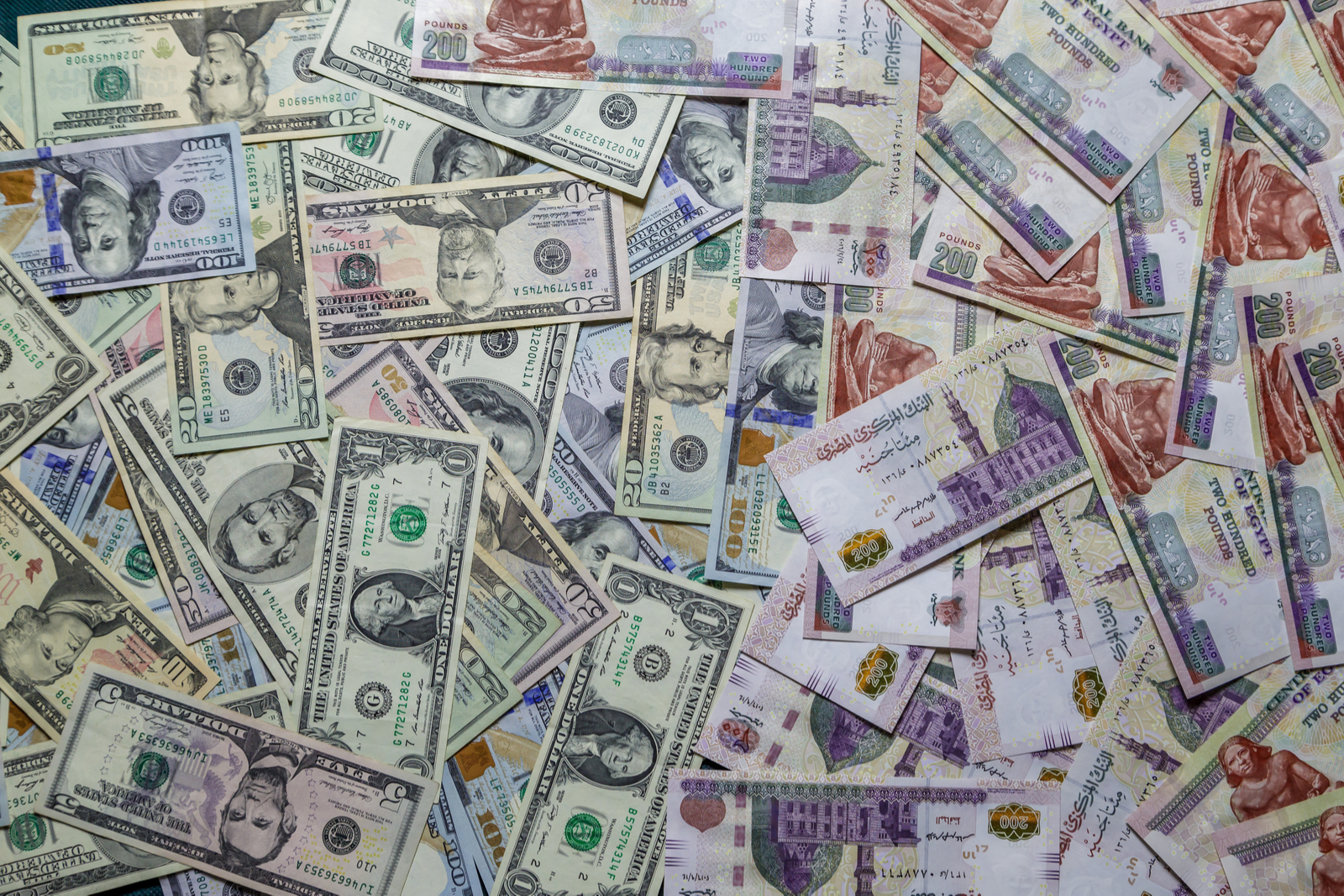Current account deficit widens to USD 4.8 bn in 2Q2020-2021

Egypt’s current account deficit widened to USD 4.8 bn in 2Q2020-2021, from USD 3.2 bn in the same period last year, according to our math based on central bank figures (pdf) released last night. The deficit grew 74% on a quarterly basis from USD 2.8 bn in 1Q.
Drop-off in exports causes trade deficit to widen: Egypt’s trade balance fell further into the red during the quarter, reaching USD 10.6 bn as it widened 7% from the same period a year earlier. This was mainly due to a fall in exports, which were valued at USD 6.6 bn during the quarter compared to USD 7.1 bn in 2019-2020. Imports also picked up slightly from last year, rising a little over 1% to hit USD 17.3 bn.
The trade deficit widened more dramatically on a quarterly basis: The country’s deficit widened 24% on a quarterly basis from the USD 8.6 bn deficit recorded in 1Q. This was largely due to the country spending USD 2.5 bn more on imports in 2Q than 1Q. This is more than double the rate of widening seen between the first and second quarters in 2019-2020, a phenomenon that goes unexplained by the central bank’s data.
Foreign direct investment is picking up: Net FDI rose almost 10% to hit USD 1.75 bn during the quarter from USD 1.6 bn in 1Q.
But it remains heavily down from pre-pandemic levels: Egypt received more than USD 2.6 bn in net FDI in 2Q2019-2020, almost a third higher than the inflows seen in 2Q2020-2021.
Global stimulus is a wind at our back: Portfolio investment was comfortably higher during the quarter, with Egypt seeing some USD 3.5 bn in inflows compared to USD 2.3 bn in the equivalent period a year earlier.
Tourism revenues remained far below 2019 levels, bringing in USD 987 mn during the quarter, less than a third of the USD 3.1 bn taken in 2Q2019-2020. The tourism sector has been one of the hardest hit by the pandemic, with visitor numbers plunging due to the suspension of international travel last year and lingering concerns about the virus among would-be tourists.
There was some improvement on a quarterly basis though, with revenues rising almost 25% from the USD 801 mn taken during 1Q.
Remittances higher than last year: Remittances from foreign workers — a vital source of hard currency — rose almost 8% from last year, continuing a trend from the previous quarter that saw inflows surge almost 20%. In the second quarter, Egyptians abroad sent USD 7.5 bn back to the country, up from USD 7 bn the previous year.
Suez receipts almost hit pre-pandemic levels: Revenues from the Suez Canal — another source of foreign currency that was hit hard by the pandemic — were only fractionally below pre-pandemic levels, bringing in USD 1.51 bn during the quarter compared to USD 1.52 bn in 2Q2019-2020. Revenues rose slightly on a quarterly basis from USD 1.4 bn in 1Q.
Correction: 13 April 2021.
A previous version of this article incorrectly stated that Suez Canal receipts totalled USD 5.16 bn in 2Q2020-2021 and USD 5.24 bn in 2Q2019-2020.